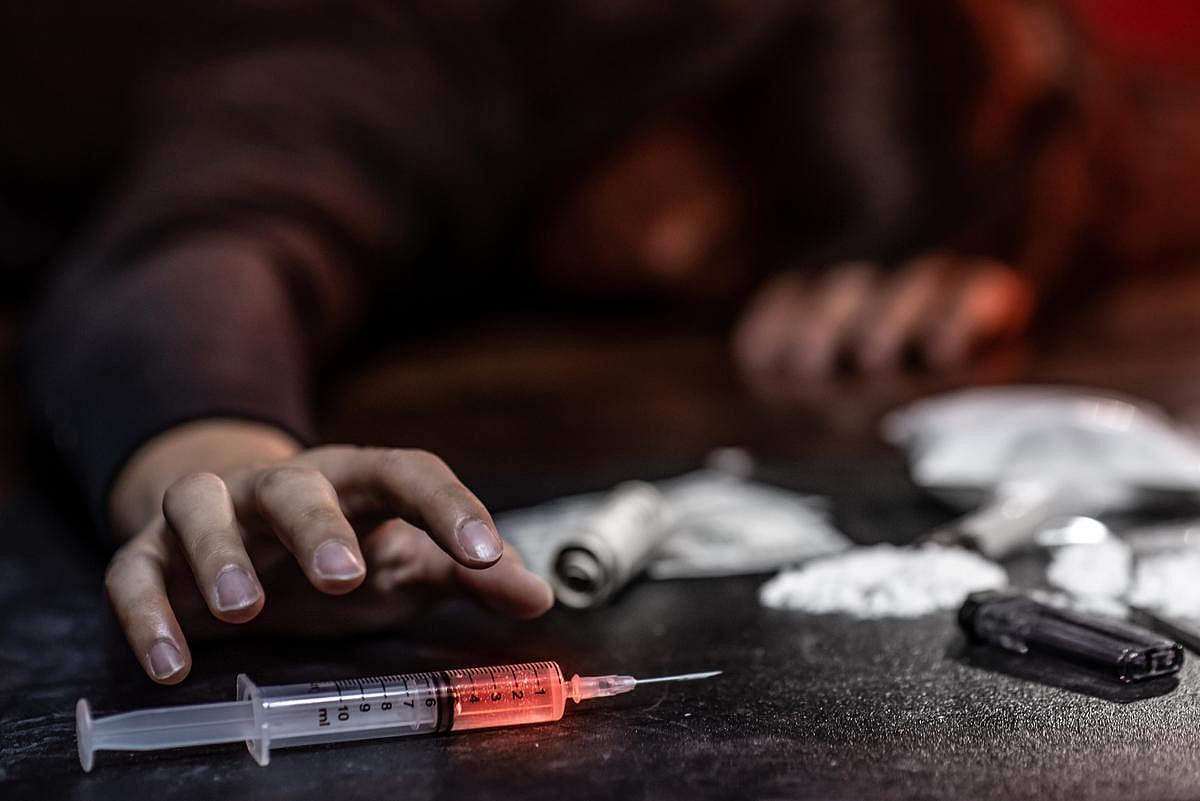Get Healthy!

- Dennis Thompson
- Posted July 1, 2025
Medicaid, Medicare Don't Adequately Cover Addiction Treatment, Study Says
Opioid addicts covered by Medicare and Medicaid are less likely to receive the mental health and substance use treatment that they need, a new study says.
Addicts with public insurance receive more than twice as many sessions if their therapy is also covered by other sources, such as court-mandated treatment, researchers report in the journal Addiction Science & Clinical Practice.
“What's most striking is how insurance type fundamentally shapes patient treatment,” said principal investigator Jamey Lister, an associate professor at the Rutgers University School of Social Work in New Jersey.
“We discovered that patients with public insurance alone were less likely to utilize treatment services compared to those with multiple funding sources,” Lister said.
This news comes as Medicare and Medicaid face potential cuts from Republican-sponsored legislation making its way through Congress, researchers noted.
About 10% of American adults suffer from both substance use and mental health disorders that require integrated treatment for both.
For the new study, researchers analyzed records of 705 patients registered at a community health center in New Jersey between 2015 and 2021. During that period, the state’s Medicaid coverage expanded under the Affordable Care Act (also known as Obamacare).
The patients all had been diagnosed with opioid use disorder, and 72% had another substance use disorder such as cannabis, cocaine or alcohol. About 39% also had a co-occurring mental health condition such as anxiety, bipolar disorder, depression or schizophrenia.
Results show that people were more likely to get all the help they needed if they had additional coverage on top of Medicaid or Medicare.
“It’s the exact opposite of how we should be helping people,” Lister said. “We should aspire to provide health care services that are driven by patient need, not by financing. But as we found, if you're only using public insurance, you’re likely falling through the cracks.”
Cutting Medicaid and Medicare would make these problems worse, and cost the health care system even more in the long run, Lister argues.
Lister pointed to a 2021 study published by the American Medical Association, which found that improving access to opioid addiction treatment can save between $25,000 to $105,000 in lifetime costs per person.
In addition, overdoses, addiction and deaths account for $35 billion in health care costs annually, as well as nearly $15 billion in criminal justice costs, according to a Pew report highlighted by Lister.
More information
The National Institute of Mental Health has more on co-occurring substance use and mental health disorders.
SOURCE: Rutgers University, news release, June 30, 2025
